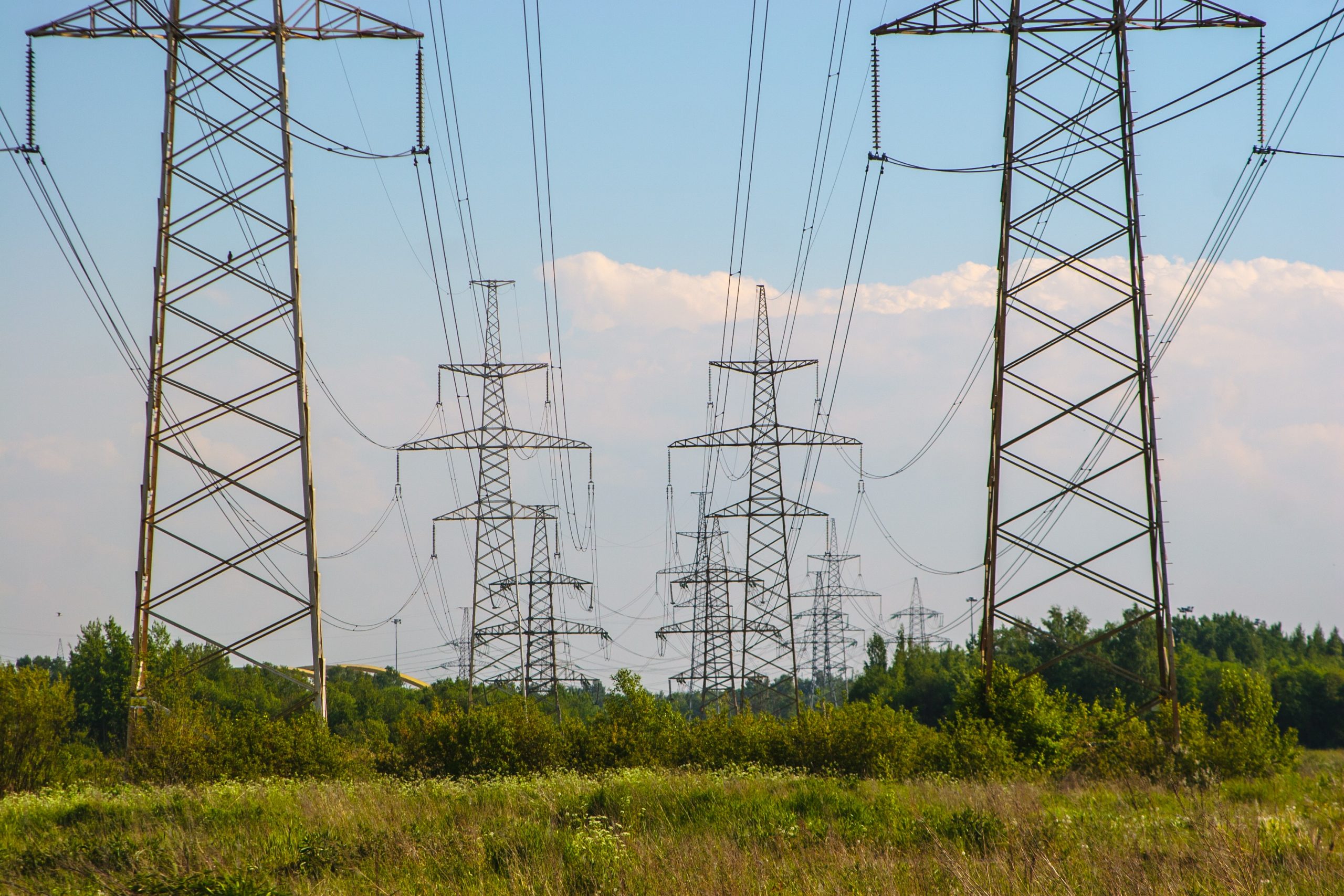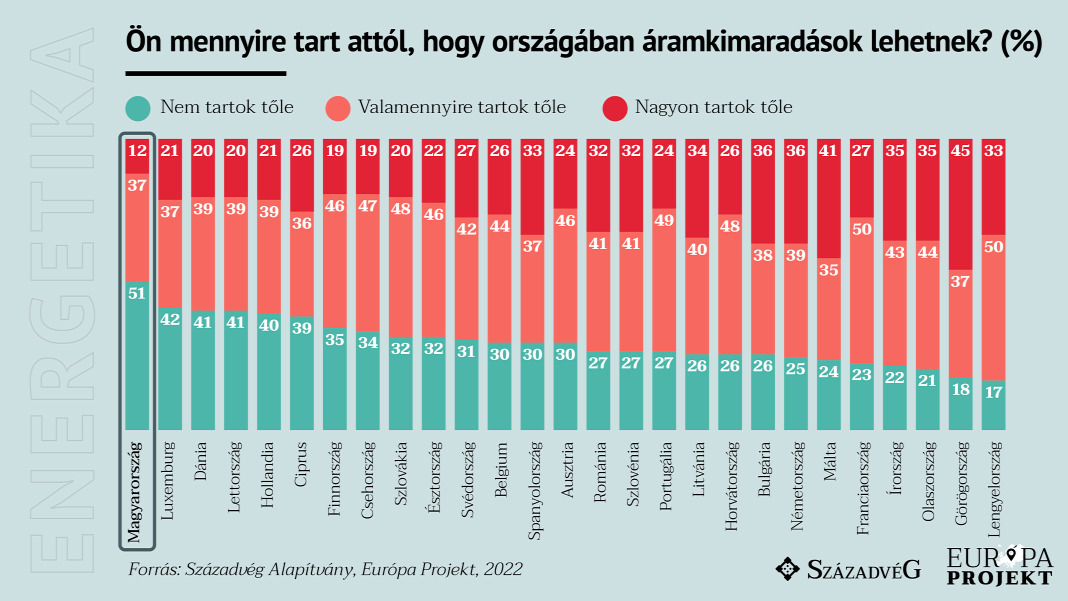The State Secretary warns of far-reaching consequences of possible EU sanctions on nuclear energy.Continue reading

Recent research by pro-government Hungarian think-tank Századvég shows that Europeans’ confidence in their energy supply has been declining for years, and this trend has only accelerated in the wake of the energy crisis. However, it is fair to say that Hungary is the least fearful of blackouts.
According to the survey, which was conducted in autumn 2022, Hungary has the highest proportion of those (51%) who are confident in their electricity supply and do not fear that power cuts could occur. At the European level, there is an increasing trend in negative opinions: while in 2016, almost two thirds of respondents (64%) said they were not afraid of blackouts, this proportion had fallen to 48% in 2021. In the same period, the proportion of Europeans who were very afraid of the problem also rose from 11% to 17%.
In 2022, the proportion of Europeans who are very worried about blackouts increased from 17% to 32% compared to 2021. And the proportion of those who remain confident of uninterrupted supplies has fallen from 48 to 26 percent.
According to Századvég, the deteriorating trend is mainly due to the fact that most EU member states have cut their conventional power generation and conversion capacity, as well as their long-term supply contracts. As a result, Europe’s energy system has become more unpredictable. Meanwhile, several EU member states have recently launched media campaigns to prepare the public for possible blackouts.

According to the survey, Poles, Greeks, and Italians are the least confident about uninterrupted energy supplies. In addition, the high cost of energy bills is also a factor for Greeks, with Greece having the highest proportion of people with problems of paying the bills, according to a previous report.
Meanwhile, in Hungary, 37% of people are somewhat worried about blackouts, while only 12% are very worried. The think thank says that this is partly due to Hungary’s utility cost reduction program and the exemption from some energy sanctions that would be harmful for the country’s energy supply.
Featured photo via Pexels, Századvég Foundation